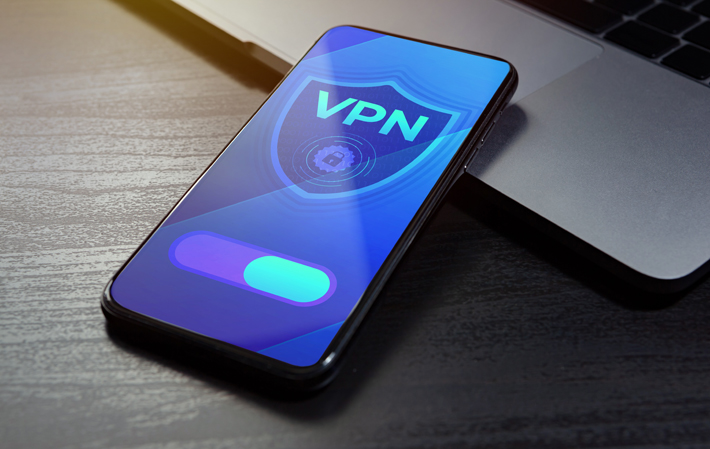Does Your Business Need a VPN in 2023?

When it comes to the question of whether your business requires a virtual private network (VPN), the answer should focus on the suitability of this technology rather than the underlying need.
After all, there’s little doubt that cybercrime is rampant in developed economies such as the UK, where 39% of businesses reported suffering some form of attack last year.
These instances of cybercrime came at a considerable economic cost too, with UK firms losing approximately £4,200 as a result of online attacks during the same 12-month period in 2022.
But with other technologies emerging to help combat cybercrime, are VPNs still your best weapon against this type of threat. Let’s get into it!
What is a VPN?
A VPN describes a virtual private network, which works by creating a secured and encrypted connection between your device and a remote server operated by the client.
Any data or web traffic that’s routed through this connection will appear as a string of indecipherable code, meaning that hackers, network managers and even Internet Service Providers (ISPs) won’t be able to intercept your data.
From a functionality perspective, VPNs work by using remote servers to create a temporary IP address, which masks your own. Of course, the best paid VPNs are known to operate a large number of server locations across the globe, so you can connect to one in your region of choice.
This makes you impossible to track online and minimizes the risk of malicious malware attacks, while it also makes practices like doxing highly ineffective.
Why Use a VPN for Your Business?
From a practical perspective, a VPN automatically enables businesses to connect to servers in target locations across the globe, which should ensure your employees are able to access potentially restricted services and platforms.
Similarly, using a VPN allows employees to access secured company data from anywhere in the world, which is increasingly important for global businesses and in an age of remote and hybrid working.
In the UK labor market, studies show that six-in-10 (60%) of employees now want a hybrid working arrangement with their employer, with this seeing them work more flexibly and split their time between the office and their home. As a result, a growing number of local and domestic workers are now operating remotely on a regular basis, and employers are required to provide secure connections that safeguard individuals and sensitive customer data.
When you operate a company VPN, you can also protect workers who may occasionally access public WIFI connections in libraries and coffee shops. Networks of this type are almost always unsecured, which means that unprotected devices are at risk of being targeted by hackers and cyberthieves.
As we’ve touched on, VPNs can secure public networks and encrypt any data that is shared online, while masking your IP address and physical location at all times.
Ultimately, studies have shown that more than half the UK workforce also feels more productive when working remotely. This is due in part to the fact that it enables employees to work flexibly and enjoy a better work-life balance, while it also negates the need to commute to and from work on a daily basis.
This creates more time for employees to focus on work-related tasks, while allowing them to create a viable schedule that ensures they spend their most productive hours on generative and strategically important tasks.
Above all else, the ability of a VPN to secure your data and the IP addresses of users can help your business to stay compliant in 2023.
More specifically, a VPN actively safeguards all types of customers and employee information, regardless of where it’s saved and how often it is shared between users. This is particularly crucial in markets such as healthcare, where legislation such as the Health Insurance Portability and Accountability Act of 1996 requires you to protect sensitive patient information at all times.
So, Does Your Business Need a VPN in 2023?
As we can see, there’s a compelling case to secure your employees’ remote Internet connections and server access, so the real question is whether a VPN offers the best solution in 2023?
In truth, much depends on the size and scale of your venture. For example, it can be argued that medium to large businesses would benefit from so-called “Zero Trust” architecture. This technology is actually mandated for government contractors, while it’s inherently secure and scalable across large-scale operations.
However, VPNs remain a secure and affordable alternative for small businesses, especially those whose employees regularly connect to public WIFI. Installing a paid VPN for UK usage is also preferable to free alternatives, which tend to feature limited functionality and may look to sell your data in order to create a viable income stream.
This also provides blanket network security and privacy features that are more than adequate for small businesses, especially those that don’t intend to scale dramatically over time.










